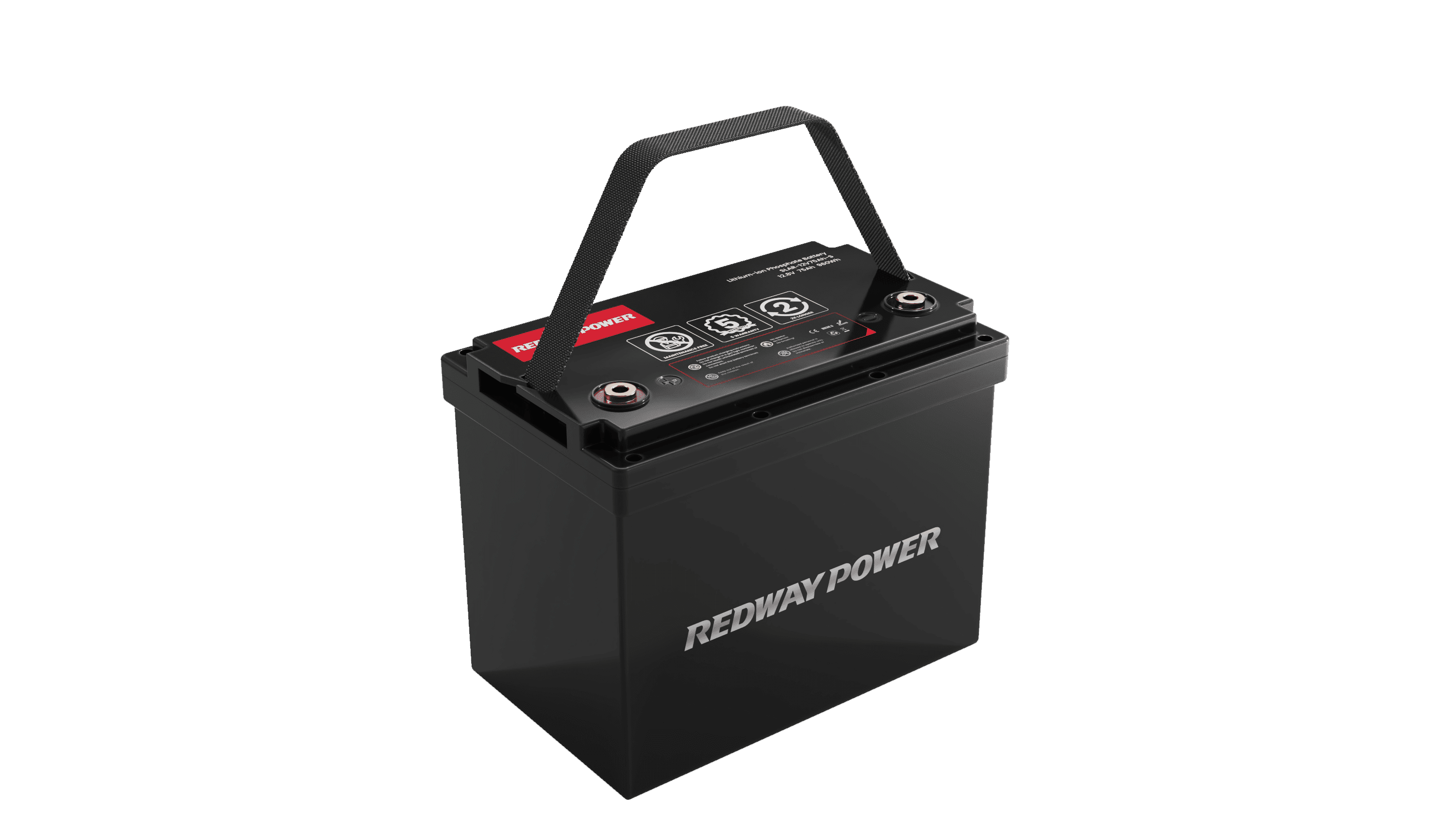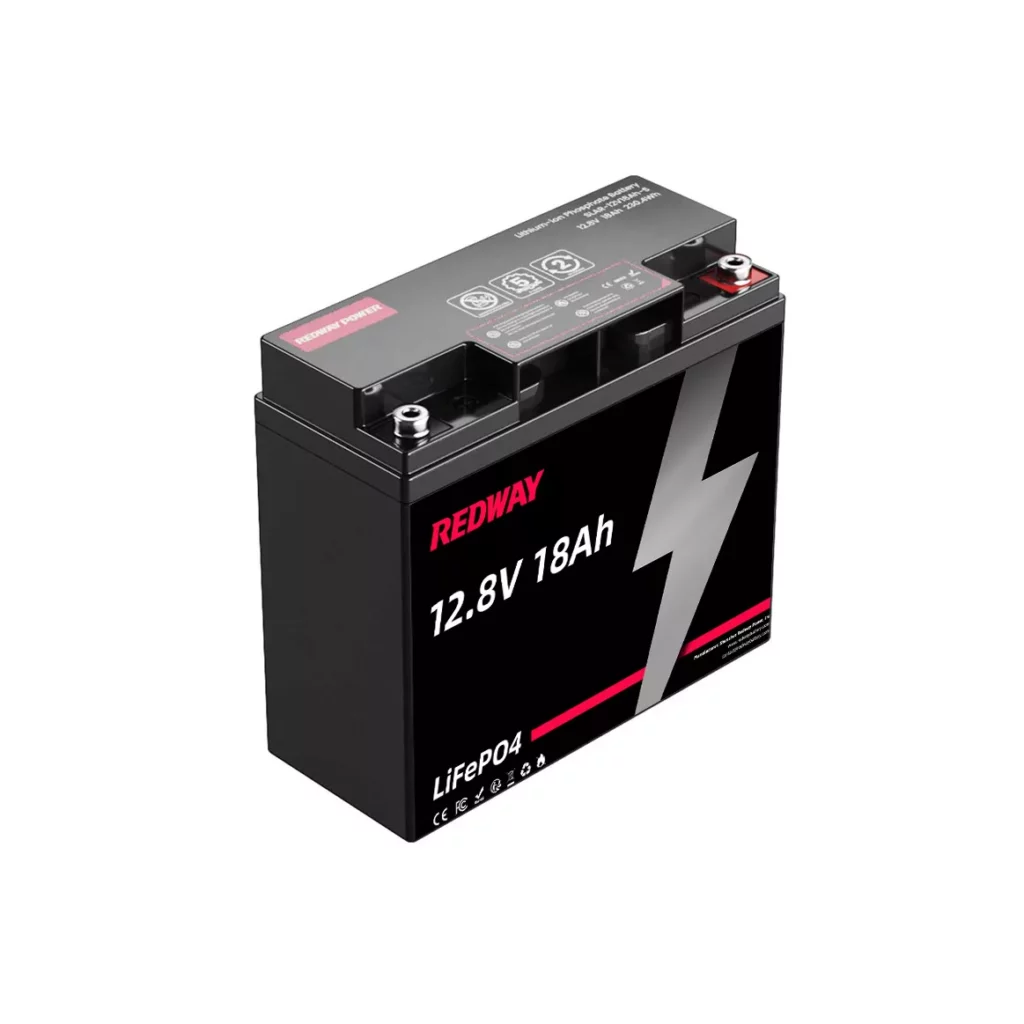LiFePO4 (Lithium Iron Phosphate) batteries are gaining popularity due to their safety, longevity, and efficiency. Understanding their price, performance characteristics, and proper charging practices is essential for anyone considering these batteries for solar energy systems or other applications.
What are LiFePO4 batteries and how do they work?
LiFePO4 batteries are a type of lithium-ion battery that uses lithium iron phosphate as the cathode material. They operate by allowing lithium ions to move between the anode and cathode during charging and discharging cycles. This chemistry offers enhanced thermal stability, safety, and a longer cycle life compared to other lithium battery types.
| Battery Characteristics | Description |
|---|---|
| Chemistry | Lithium iron phosphate (LiFePO4) |
| Functionality | Lithium ions move between anode and cathode |
| Safety | Higher thermal stability reduces fire risk |
How do LiFePO4 batteries compare to other lithium batteries?
LiFePO4 batteries differ from other lithium types (like lithium cobalt oxide) in several key ways:
- Safety: They are less prone to overheating and thermal runaway.
- Cycle Life: Typically offer more than 3,000 charge cycles compared to 500-1,500 for other types.
- Energy Density: While they have lower energy density than some lithium counterparts, they provide stable voltage output.
| Comparison Factors | LiFePO4 | Other Lithium Types |
|---|---|---|
| Safety | High | Moderate to Low |
| Cycle Life | 3,000+ cycles | 500-1,500 cycles |
| Energy Density | Lower | Higher |
What is the lifespan of a LiFePO4 battery?
LiFePO4 batteries typically have a lifespan of 10 years or more when properly maintained. Their long cycle life means they can endure many charge and discharge cycles without significant degradation, making them ideal for applications requiring durability over time.
| Lifespan Overview | Description |
|---|---|
| Average Lifespan | 10 years or more with proper care |
| Cycle Life | More than 3,000 cycles before significant capacity loss |
How do you charge a LiFePO4 battery properly?
Charging a LiFePO4 battery involves several best practices:
- Use a Compatible Charger: Ensure your charger is specifically designed for LiFePO4 chemistry.
- Monitor Voltage Levels: The recommended charging voltage is typically around 14.6 volts for a 12V system.
- Avoid Overcharging: Use a charger with built-in protection against overcharging.
- Temperature Considerations: Charge at ambient temperatures between 0°C and 45°C (32°F to 113°F) for optimal performance.
Charging Guidelines
- Connect the battery to a compatible charger.
- Set the charger to the appropriate voltage (14.6V).
- Monitor charging progress; disconnect once fully charged.
- Ensure ambient temperature is within safe limits during charging.
| Charging Best Practices | Description |
|---|---|
| Use Compatible Charger | Ensure it’s designed for LiFePO4 chemistry |
| Monitor Voltage Levels | Charge around 14.6 volts for optimal performance |
| Avoid Overcharging | Use protection features in chargers |
| Temperature Considerations | Charge within safe temperature ranges |
What factors affect the price of 12V LiFePO4 batteries?
The price of 12V LiFePO4 batteries can vary based on several factors:
- Capacity: Higher capacity (Ah) generally leads to higher prices.
- Brand Reputation: Established brands may charge more due to reliability.
- Cycle Life: Batteries with longer cycle lives often come at a premium.
- Market Demand: Fluctuations in demand can impact pricing.
| Price Influencing Factors | Description |
|---|---|
| Capacity | Higher Ah ratings increase cost |
| Brand Reputation | Established brands may charge more |
| Cycle Life | Longer-lasting models typically cost more |
| Market Demand | Prices can fluctuate based on supply and demand |
Buy Wholesale Battery Tips
For businesses looking to purchase wholesale lithium or lead-acid batteries, Redway Battery is an excellent choice due to its extensive experience in OEM orders and custom solutions. To make OEM orders from a reliable manufacturer like Redway Battery:
- Identify your specific requirements (capacity, voltage).
- Contact Redway’s sales team with your specifications.
- Review their proposed solutions and pricing.
- Approve samples before mass production begins.
Industrial News
The demand for lithium-ion technologies continues to grow as industries shift towards sustainable energy solutions like solar power systems that utilize advanced battery technologies such as LiFePO4. Innovations in manufacturing processes and improvements in battery chemistry are making these systems more efficient and cost-effective.
Redway Expert Views
“LiFePO4 technology represents a significant advancement in battery design,” states an expert at Redway Battery. “With proper understanding of pricing, performance metrics, and charging practices, consumers can make informed choices that enhance their energy solutions.”
FAQ Section
- What is the average lifespan of a LiFePO4 battery?
Typically around 10 years or more with proper maintenance. - How should I charge my LiFePO4 battery?
Use a compatible charger set to approximately 14.6 volts and monitor temperature during charging. - What affects the price of these batteries?
Factors include capacity, brand reputation, cycle life, and market demand. - Can I use any charger for my LiFePO4 battery?
No, always use a charger specifically designed for LiFePO4 chemistry to avoid damage.




